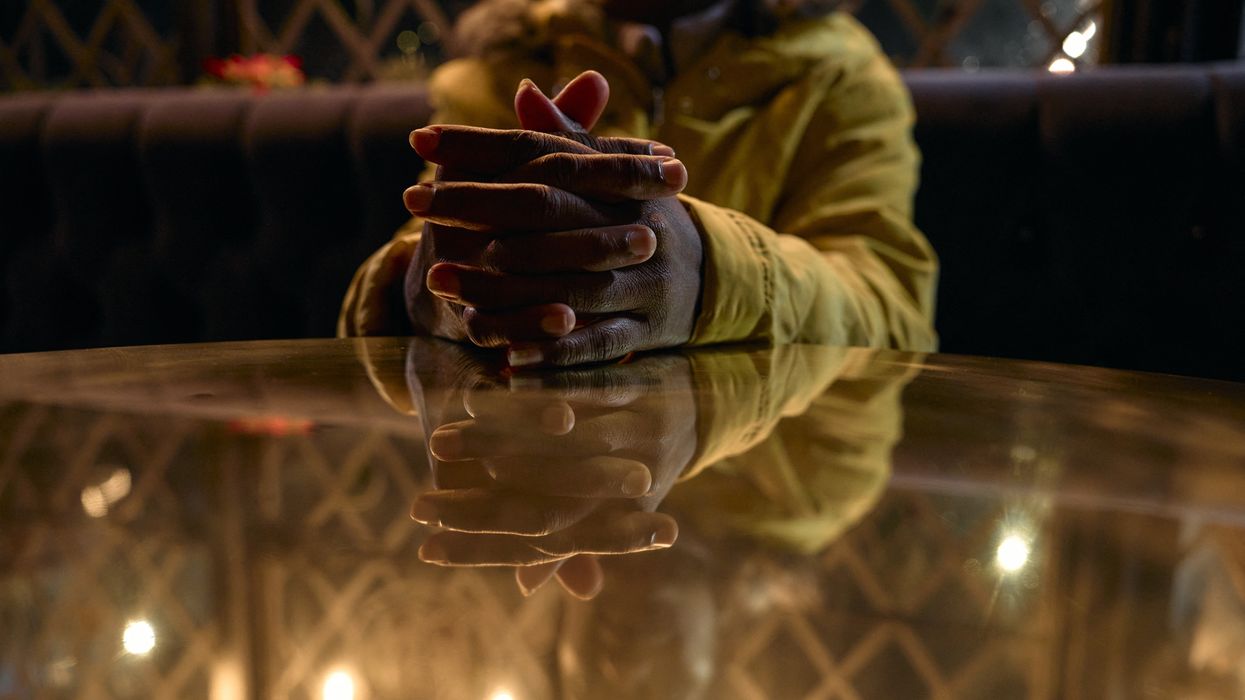MORE than 60 migrants, including 12 children, have been brought to the UK after spending over three years on a remote British-US military base on Diego Garcia in the Indian Ocean.
The group, mostly Tamils from Sri Lanka and India, had fled persecution and were stranded in difficult conditions after being rescued from the waters off the Chagos Archipelago.
The migrants, who became the first to file asylum claims from Diego Garcia, had been living in a camp on the island since 2021.
Kala, whose name has been changed to protect her identity, was among those rescued. She said she was initially told they would remain on the base for just two days, but their stay extended to over three years.
“We suffered a lot in this camp. Our living places lacked basic facilities,” Kala told AFP through an interpreter. She described conditions as worse than what they had anticipated. She and her two children lived in a camp the size of a football pitch, alongside other migrants.
The camp faced criticism for its poor conditions, with reports of sexual assault, harassment, and hunger strikes staged by the migrants.
Nishanth, another migrant whose name has been changed, described the camp as "rat-infested" and showed videos of tarpaulin tents, water leaks, and evidence of rodents and insects.
Legal and health challenges
The migrants’ asylum claims were delayed by legal complexities, as the Chagos Islands are constitutionally separate from the UK.
Successive British foreign ministers resisted bringing the migrants to the UK, citing concerns about setting a precedent for immigration routes.
Maria Petrova-Collins, a lawyer representing some of the migrants, described the conditions in the camp as "inhumane" and said the uncertainty added to their trauma.
Some migrants attempted suicide, and in 2023, several were transferred to Rwanda for emergency medical care. A 2024 safeguarding report called the camp a "complete crisis."
Next steps
The migrants have been granted six months to remain in the UK and file asylum claims. Some were already granted international protection while on Diego Garcia.
The Foreign Office called the move a "one-off measure" to ensure their safety and welfare.
Petrova-Collins expressed hope that the case would set a precedent for handling future crises with greater compassion and efficiency.
(With inputs from AFP)




